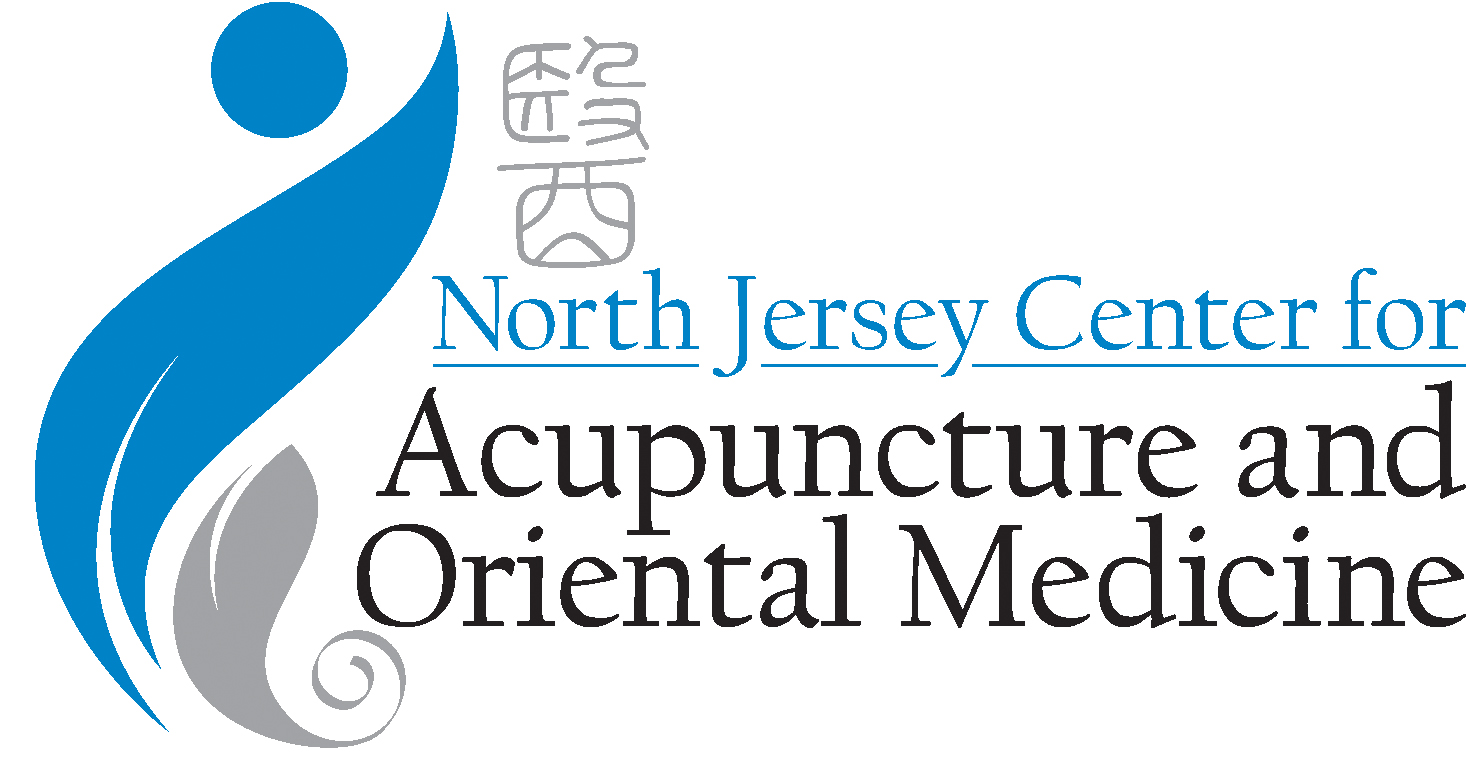Worried about the Flu?
Cold got you down?
The Problem
The first major text of Chinese medicine that described the treatment of infectious disease was the written almost 2,000 years ago. This book, known as the Shang Hang Lun (On Cold Damage) described how Chinese herbal formulas could effectively treat the most severe of infectious diseases. So effective were the treatment from this book, it has been in continuous use by Chinese physicians since its writing.
During winter many Americans who visit their doctor with cold and flu symptoms leave with unproven and unscientific treatments – antibiotics. Today in medicine there is a movement known as “Evidence Based Medicine” (EBM). This trend believes that clinical decisions should be made on the basis of scientific evidence, usually in the form of research studies. The use of antibiotics in treating most common respiratory tract infections goes against principles of EBM. The common cold and influenza are both caused by viruses, not bacteria. Viruses cannot be treated with antibiotics, which are medicines that treat bacteria. According to the Cochrane Collaboration, a group that reviews the effects of health care interventions tested in randomized controlled trials, “there is not enough evidence of important benefits from the treatment of upper respiratory tract infections with antibiotics to warrant their routine use in children or adults and there is a significant increase in adverse effects associated with antibiotic use in adult patients.”[1] Despite the clear lack of efficacy, the higher rate of side effects, and the real problem of developing drug resistant bacteria (“superbugs”), there seems to be no trend in doctors prescribing less unnecessary antibiotics.[2] When physicians prescribe antibiotics for colds or flu patients should be in the habit of asking them what research there is that backs up the use of this medicine for these conditions.
To the contrary, the same Cochrane Collaboration, one of the most respected names in scientific and medical research, has better opinions of Chinese herbal medicines. According to them, even though more research is warranted, “Chinese herbal medicines may shorten the symptomatic phase in patients with the common cold.”[3] Chinese herbs for the flu sometimes even outperform medicines. Again, according to the Cochrane Collaboration, “traditional Chinese medicinal herbs as a whole seem to be comparatively or more effective compared to different chemical drugs.”[4] Supplements such as Vitamin C may also be useful in certain patients with these conditions,[5] and in Asia, Chinese herbal medicines are also used to prevent and treat epidemic viral infections.[6],[7]
Chinese Herbal Medicine as a Treatment Option
Chinese herbal medicines have been used for countless generations to treat all sorts of maladies, including the common cold and influenza, and laboratory analyses have shown many herbs have significant anti-bacterial and anti-viral functions.[8] As with all formulas, a licensed practitioner of Oriental medicine will evaluate each individual’s unique case and then recommend an appropriate formula. Sometimes an Oriental medicine practitioner will recommend herbal formulas that strengthen immune function to be taken while the patient is still well.8 Because of the complexities of the science of combining and dosing herbal medicines, patients should avoid self medication.
Are Herbs Safe?
Chinese herbal medicine has been used as a safe therapeutic intervention for countless generations. However, there are two key aspects to ensuring Chinese herbs are safe – finding a competent herbalist and having a good source of herbs. In order to be sure your herbalist is competent and trained they should maintain current certification though the National Certification Commission for Acupuncture and Oriental Medicine (NCCAOM). These providers are licensed health care professionals who have passed rigorous standardized examinations and have graduated from schools with accreditation recognized by U.S. Department of Education. Only professionals with NCCAOM certification in Chinese Herbology or Oriental Medicine can be considered competent Chinese herbalists.
The second concern is the source of herbs. Herbs should be sourced from suppliers that demand rigorous third party laboratory testing for purity and species identification. Third party testing should also be performed to assure herbs are free from heavy metal, herbicide, pesticide, and other residues.
How Do I Find an Herbalist?
In most states the practice of Chinese herbal medicine is not regulated. In New Jersey the practice of Oriental medicine, including the use of herbal medicine, is regulated by law and all legitimate providers will maintain active licensure from the state as acupuncturists (designated “L.Ac.” after their names). Furthermore, if they are prescribing herbs, they have to be approved by the New Jersey State Acupuncture Board to do so.
[1] Arroll B, Kenealy T. Antibiotics for the common cold. Cochrane Database Syst Rev. 2002;(3):CD000247.
[2] Roumie CL, Halasa NB, Grijalva CG, et. al. Trends in antibiotic prescribing for adults in the United States--1995 to 2002. J Gen Intern Med. 2005 Aug;20(8):697-702.
[3] Wu T, Zhang J, Qiu Y, Xie L, Liu GJ. Chinese medicinal herbs for the common cold. Cochrane Database Syst Rev. 2007 Jan 24;(1):CD004782.
[4] Chen XY, Wu TX, Liu GJ, Wang Q, Zheng J, Wei J, Ni J, Zhou LK, Duan X, Qiao JQ. Chinese medicinal herbs for influenza. Cochrane Database Syst Rev. 2005 Jan 25;(1):CD004559.
[5] Douglas RM, Hemilä H, Chalker E, Treacy B. Vitamin C for preventing and treating the common cold. Cochrane Database Syst Rev. 2007 Jul 18;(3):CD000980.
[6] Lau JT, Leung PC, Wong EL, et. al. The use of an herbal formula by hospital care workers during the severe acute respiratory syndrome epidemic in Hong Kong to prevent severe acute respiratory syndrome transmission, relieve influenza-related symptoms, and improve quality of life: a prospective cohort study. J Altern Complement Med. 2005 Feb;11(1):49-55.
[7] Hsu CH, Hwang KC, Chao CL, et. al. Can herbal medicine assist against avian flu? Learning from the experience of using supplementary treatment with Chinese medicine on SARS or SARS-like infectious disease in 2003. J Altern Complement Med. 2006 Jul-Aug;12(6):505-6.
[8] Chen J, Chen T. Chinese Medical Herbology and Pharmacology. City of Industry, CA: Art of Medicine Press, 2004.
